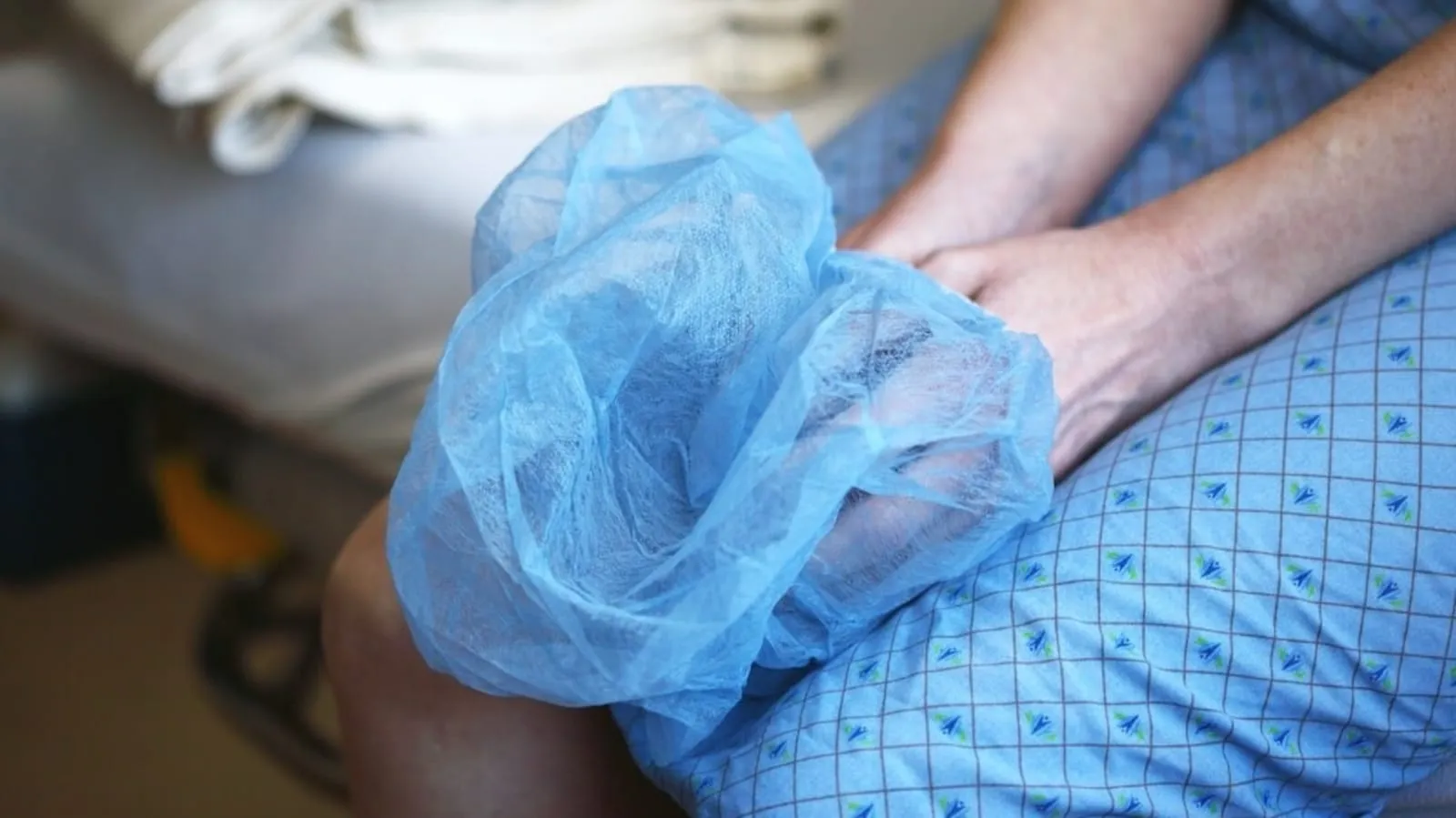Penile Ossification and Knee Pain: A Rare Condition Explained

Penile Ossification: A Rare Condition
In a peculiar case, a man underwent an X-ray for knee pain and, unexpectedly, doctors discovered bone growth, known as penile ossification, in his penis. The discovery left health professionals astonished and questioned the implications of such findings in relation to peyronie's disease.
The Incident at the Hospital
After being informed of the rare condition, the man left the hospital against medical advice, which limited the doctors' ability to perform comprehensive tests. This situation highlights the importance of patient cooperation in diagnosing unusual health issues.
Understanding Penile Ossification and Its Implications
- Awareness of Penile Ossification: This condition is seldom discussed in medical literature.
- Potential Risks: It can lead to discomfort and complications if not addressed.
- Need for Comprehensive Testing: Advanced diagnostic tools, such as X-ray pelvis scans, are essential for identifying and treating these conditions.
As awareness grows, further studies are needed to examine the relationship between knee pain and rare conditions such as penile ossification. Doctors are urged to consider a wide range of symptoms to understand these complex cases better.
Disclaimer: The information provided on this site is for informational purposes only and is not intended as medical advice. We are not responsible for any actions taken based on the content of this site. Always consult a qualified healthcare provider for medical advice, diagnosis, and treatment. We source our news from reputable sources and provide links to the original articles. We do not endorse or assume responsibility for the accuracy of the information contained in external sources.
This article was prepared using information from open sources in accordance with the principles of Ethical Policy. The editorial team is not responsible for absolute accuracy, as it relies on data from the sources referenced.